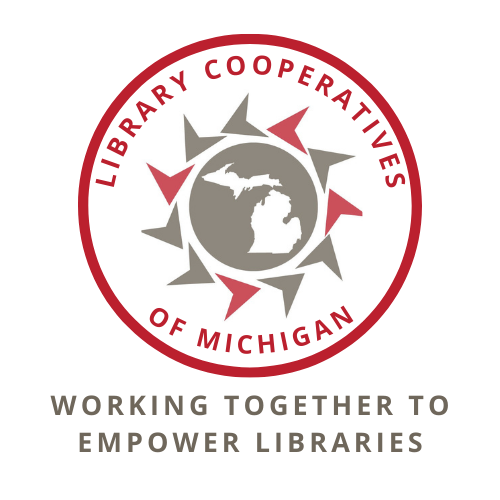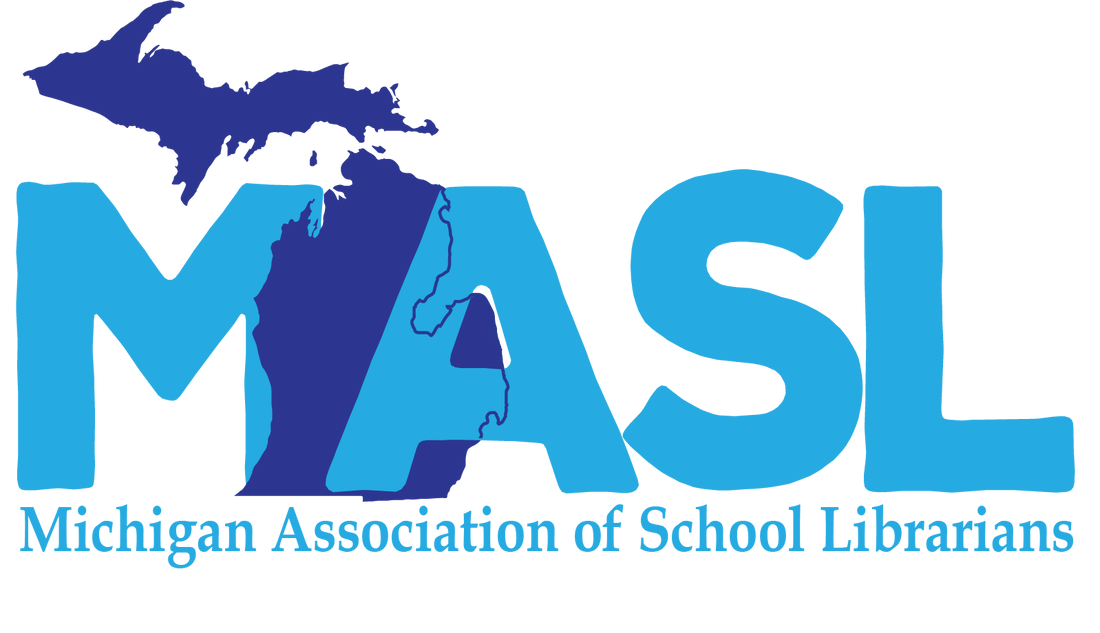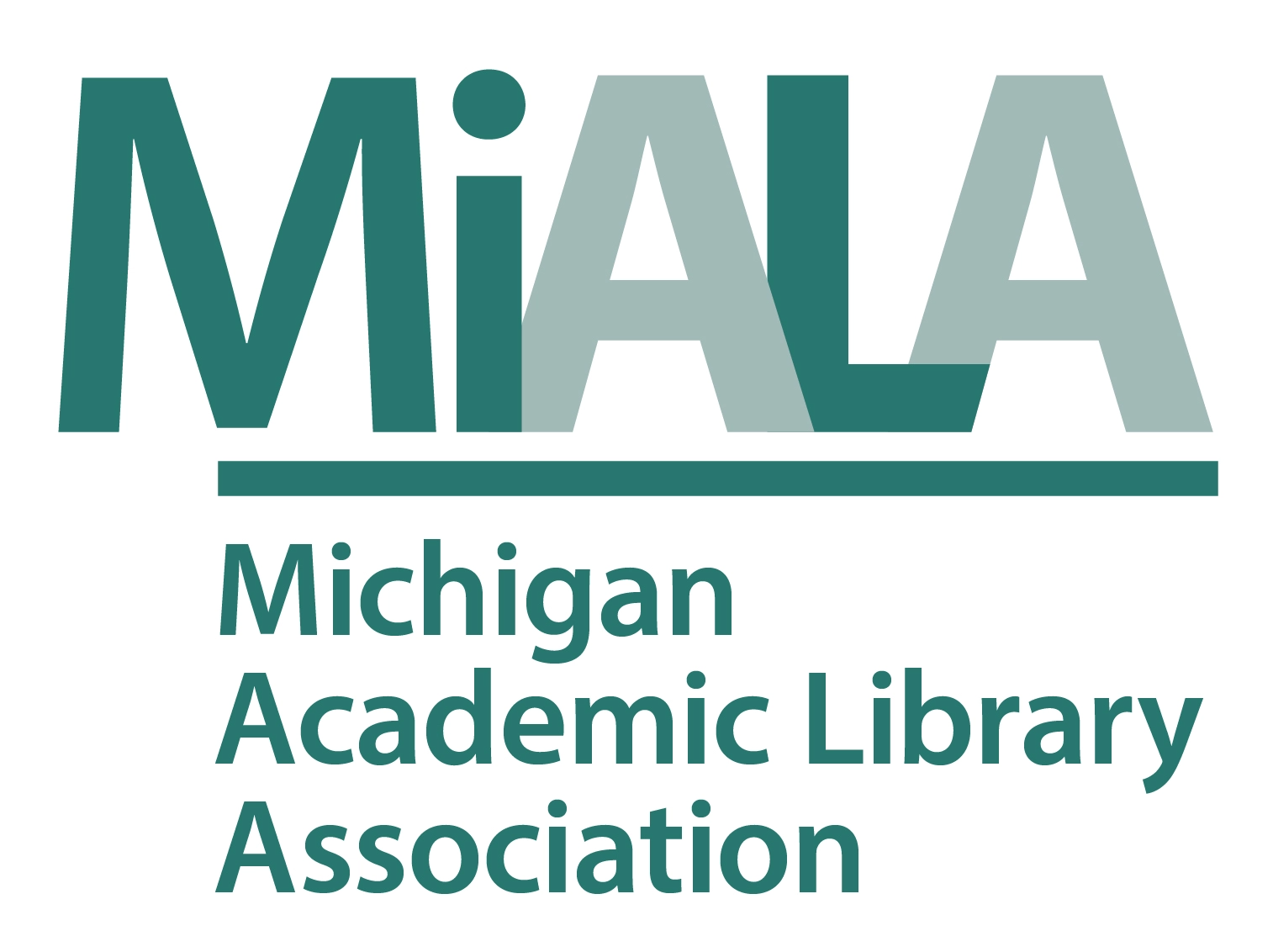| News - MLA | |||
| Thursday, January 28, 2021 10:54 AM | |||
Homeland Security Guidance for Essential WorkersJanuary 28, 2021 On December 16, 2020, the U.S. Department of Homeland Security Cybersecurity & Infrastructure Security Agency, updated their guidance in version 4 of their document “Ensuring Essential Critical Infrastructure Workers Have the Ability to Work Safely”. As the nation continues to respond to COVID-19, it is important that considerations regarding essential critical infrastructure workers continue to inform response policies and activities. The ability of these workers to perform their jobs safely is critical to our Nation’s ability to maintain the resilience of national critical functions. It is for this reason that the Cybersecurity and Infrastructure Security Agency (CISA), in collaboration with other federal agencies, State and local governments, and the private sector, has issued the Essential Critical Infrastructure Workforce Guidance for COVID-19 response (first issued in August 2020). This guidance is intended to help State, local, tribal, and territorial officials and organizations protect their workers and communities and ensure the continued safe and secure operation of critical infrastructure, by identifying the universe of essential workers that may require specialized risk management strategies so that they can work safely. It can also be used to begin planning and preparing for the allocation of scarce resources used to protect essential workers against COVID-19. As our nation enters a new phase of our pandemic response, when vaccines are available but in short supply and when infection rates are driving the continued application of public health measures in communities, this fourth iteration of the advisory list identifies workers who conduct a range of operations and services that are typically essential to continued critical infrastructure viability. It also includes workers who support crucial supply chains and enable functions for critical infrastructure. To that end, this guidance (as referenced in the CDC COVID-19 Vaccination Program Interim Playbook for Jurisdiction Operations) may be used to support and evaluate prioritization decisions related to COVID-19 vaccines, especially in the early stages when the vaccines are in short supply. Libraries are specifically called out within the Education subgroup in this new guidance:
As we enter the next stage in the pandemic response and schools and additional businesses reopen, CISA encourages jurisdictions and critical infrastructure owners to use the list to assist in prioritizing the ability of essential workers to work safely to ensure ongoing infrastructure operations and resilience.
|








